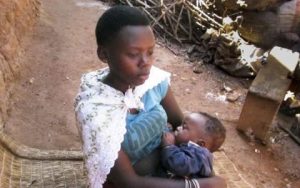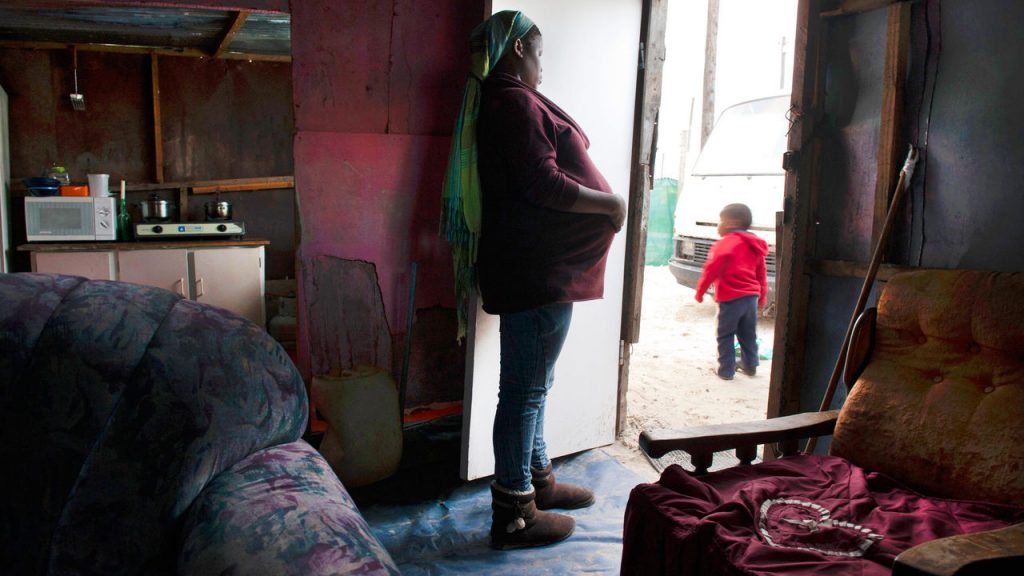A NATIONAL survey conducted on motorists about consequences of child marriages in the country has recommended a comprehensive communication strategy to be implemented against current mindset on the behaviour.
The yearlong national survey conducted last year cited poverty as the key driver to several child marriages in the country, as well as other sociocultural norms and traditions.

It further pointed fingers at it as being contradictory to the legal and policy frameworks, terming it as a gender discrimination and posing a lack of educational opportunities to the victims.
The report hinted that the comprehensive communications strategy should highlight noted physical and psychological effects caused by such child marriages, adding that the government, media and Civil Society Organisations (CSOs) should be key actors to draft the strategy.
The survey was launched and conducted by Policy Research for Development, RE POA, in collaboration with the Children’s Dignity Forum (CDF), United Nations Population Fund (UNFPA) and Plan International as well as Foundation for Women Health Research and Development (FORWARD).
In its findings, it was noted that it sought to analyse the causes and drivers of child marriage in the country by exploring differences across the regions, to understand effects and consequences of the act on the girl child and her family.
It also sought to understand the stakeholders’ per ceptions and attitudes toward child marriages, including recommending what should be done to address the practice.
The stakeholders were of the view that their findings should be borrowed by the government as strategies and a road map to conduct sensitisation forums to help girls, boys, parents, government officers, religious leaders and other groups to understand the ills associated with the practice.
The report hinted that the government should enlighten the community on “likely ill of the vice” by engaging girls, boys, parents and other stakeholders for appropriate actions to address the matter to succeed.
“They must be able to take appropriate actions to prevent and end child marriages including reporting to relevant authorities if child marriage happens in their communities. Ending child marriage should be a task for all,” the report read in part.
It further noted that the system of reporting child marriage incidences should be created, adding that if it exists, therefore, it should be improved including establishing specific helpdesks, call centres and a hotline for child marriage as a menace in the society.
The report recommends that the Ministry of Health, Community Development, Gender, Elderly and Children should pioneer a nationwide campaign to reduce and eventually end child marriage with full participation of the Local Government Authorities (LGA) including wards and village leaders where child marriages take place.
According to the Tanzania Demographic and Health Survey of 2010 (TDHS), about 37 per cent of Tanzanian girl children are married before they turn 18, where she is normally sent to her husband soon after he has completed fulfilling ‘local requirements,’ especially paying the agreed bride price.


One Response
I call this an act of slavery.